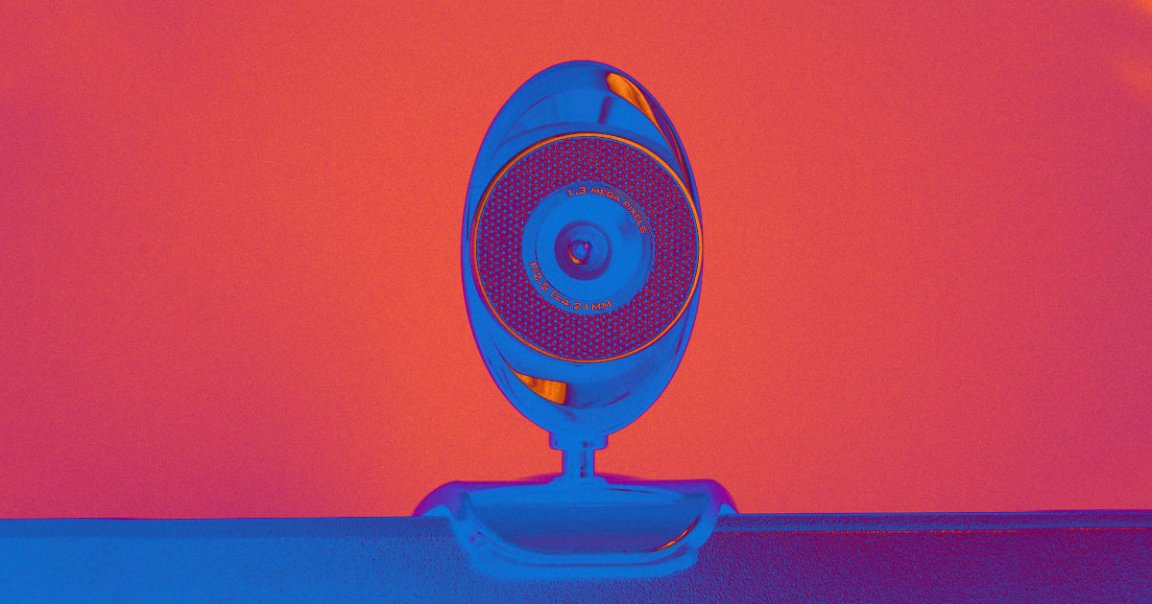
Tuning In
As more schools and universities go online science teachers face a dilemma: so far, there’s no clear answer for how they’ll replace the hands-on experience of lab experiments.
But that doesn’t mean science education is doomed. Entomologists Esther Ngumbi and Brian Lovett write in a Wired op-ed that they think that the new surge of remote education could revolutionize how students learn about science, even when it comes to recreating experiments.
Hands Off
When it comes to labs, students may miss out on the actual hands-on experience of doing experiments in class. And while that takes a lot of the fun out of science education, it also (and more importantly) means future scientists won’t learn crucial techniques that they’ll need later on.
“Transitioning science labs online may also disadvantage many more, including the minorities, and other students with unique disabilities including living in areas that may not have access to computers and the bandwidth needed to stream the science videos,” Ngumbi and Lovett write.
An Upshot!
But once professors and educators work out the kinks, embracing online learning could potentially transform schools for the better, too.
And while Ngumbi and Lovett talk about how it removes the burden of cleaning a chem lab’s glassware (something that, speaking as a former scientist, is actually pretty important to learn), it could also mean students get access to universities and expertise beyond their own in a new, collaborative, educational ecosystem.
READ MORE: The Magic of Teaching Science Labs Isn’t Lost Online [Wired]
More on the future of education: It’s Time to Rethink How We Are Educating Our Children